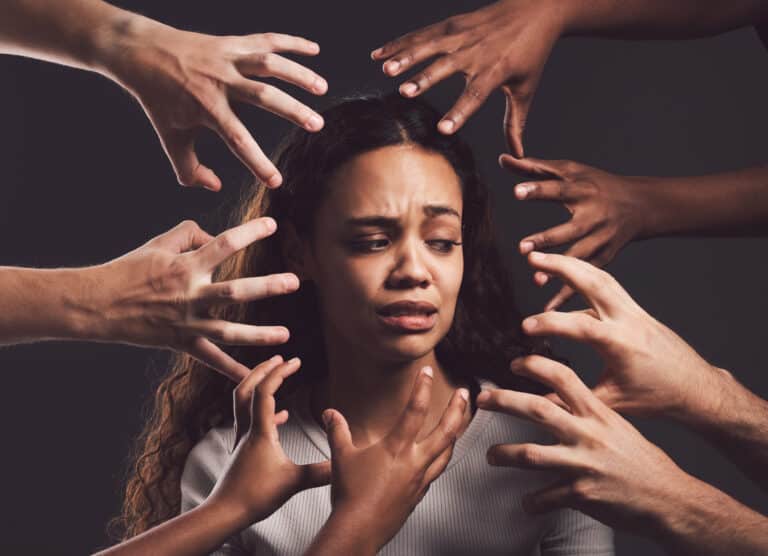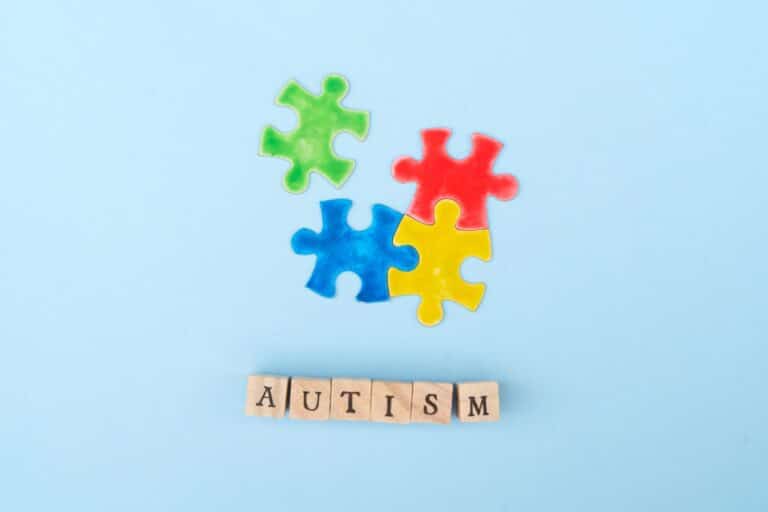Relapse happens when an individual who has been clean from drugs or alcohol returns to these substances and begins to abuse them again.
The active addiction kicks back in, and they are regularly drinking or using again, instead of going through just a lapse, where they drink or use once after getting sober.
If you or someone you love has relapsed, it is not the end of the world. They might be filled with a sense of guilt or a feeling of disappointment. But there are ways to bounce back, and people who relapse can still achieve sobriety.
Continue reading to find out what to do after you or a loved one has relapsed.
What Are the Different Types of Relapse?
First, we have to look at the different types of relapse before we take the next step. There are essentially two types of relapse; traditional relapse and “freelapse.”
A “traditional” relapse happens when an individual makes a conscious decision to drink or use drugs. On the other hand, “freelapse” is when an individual accidentally or unintentionally uses drugs or alcohol without knowing they are.
A “freelapse” can happen if a roommate leaves an edible in the fridge or a person’s hands you an alcoholic drink when you or if a person mistakenly thinks they are being given a non-alcoholic beverage at a party.
What Causes Relapse?
Those who’ve relapsed typically reflect on more recent behaviors to identify those that led to their eventual use and identify the ones that led them there.
Common reasons for relapse can include:
- Not taking good care of yourself
- Hanging out with the wrong people
- Improperly dealing with your emotions
- Interpersonal problems
- Stress
- Peer pressure
Stages of Relapse
Often, a relapse can occur in 3 stages. These stages include emotional, mental, and physical stages.
The emotional relapse stage begins well before you use again. In this stage, your emotional state is affected, and you may struggle to handle your emotions properly.
Because you’re in a vulnerable state emotionally, you may feel forced to bottle up your emotions, distance yourself from others, and tell others that everything is okay.
The next stage of relapse is the mental relapse stage. Here individuals feel conflicted about being sober and are actively fighting cravings. Individuals might also start thinking of ways they can relapse and use again to combat those emotional feelings. Relapsed mental patients can also idolize past drug use and try to minimize its adverse effects.
The final stage is the physical stage. This involves the action of actually using drugs or alcohol. At this stage, the individual might start with just one drink or simply try some drugs, but it can often lead to a downward spiral of addiction again.
What To Do After a Relapse
Regardless of how you feel after you relapse, the most important thing to understand is that relapse happens to everyone, and you are not the only one. Relapsing is not a failure; it just means you’ve taken a step backward.
When you have relapsed, how you respond is one of the most critical parts. Some things that you can do after you have relapsed can range from simple things like talking to a loved one about what happened to more involved actions like going back to treatment.
Here are some things you can do to take steps in the right direction.
Talk to Someone
When you continue to tell yourself that this will be your last use, it is easy to excuse the drinks and drugs you’ve used.
Getting sober can very well result in a much worse situation than when you first got sober. Telling someone about your relapse is one of the most important things you can do.
Carrying the burden of relapse can only make things more difficult for you and those around you. So talk to someone you love and trust because talking to someone about it can help you see and think about the situation more clearly.
Make changes
Relapsing is likely due to changes in your life that didn’t support your recovery journey.
Whether it’s a break-up, a torn relationship, or not practicing self-care, all these things can lead you to make wrong decisions.
Make any changes that have interrupted your road to recovery. Do whatever you have to do to put yourself back on course. Continuing to practice the behavior that caused your relapse will have the same outcome as before.
Reprioritize
When people are new to recovery, their new life without drugs or alcohol is essential.
Spend some time reassessing where your priorities should be. It can help to sit down and ask yourself what is most important in your life. Anything that hinders your sobriety and mental health should be removed from your priorities to put yourself in a good position.
As difficult as it might be, it is critical to put yourself and your needs first to maintain your recovery.
Get Treatment
It may seem daunting to admit that you have to go back to addiction treatment. Nonetheless, if you fall back into old habits, it might be just what you need to get you back on track.
Falling back to addiction isn’t easy. At SoCal Sunrise Recovery Center, we tailor all of our treatments specifically for you, no matter your circumstance.
SoCal Sunrise Recovery Center is Here to Help
Southern California Sunrise Recovery Center can help if you or a loved one suffers from drug or alcohol addiction. We provide a range of addiction treatment programs, including professional detoxification and residential rehab in Orange County, California.
Call us today at (949) 284-7325 to find out more.






